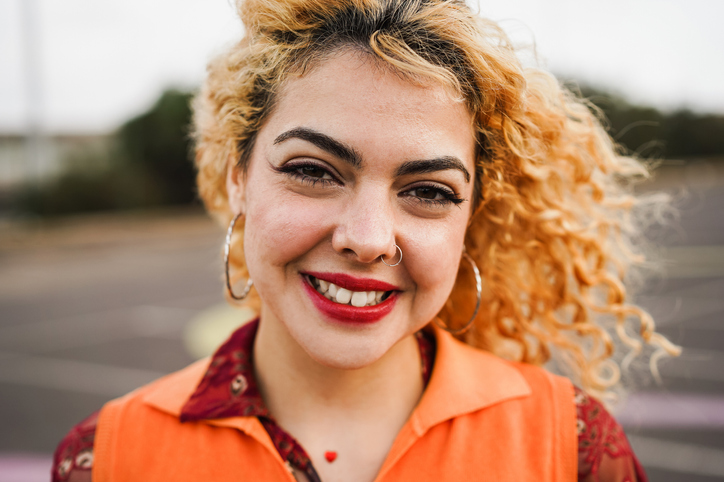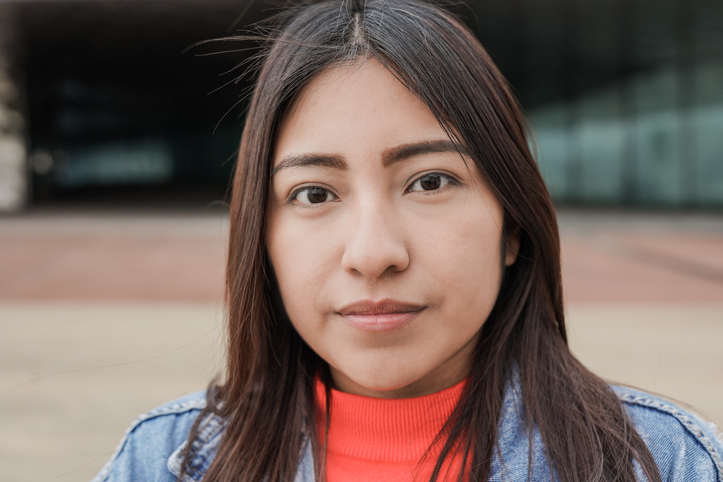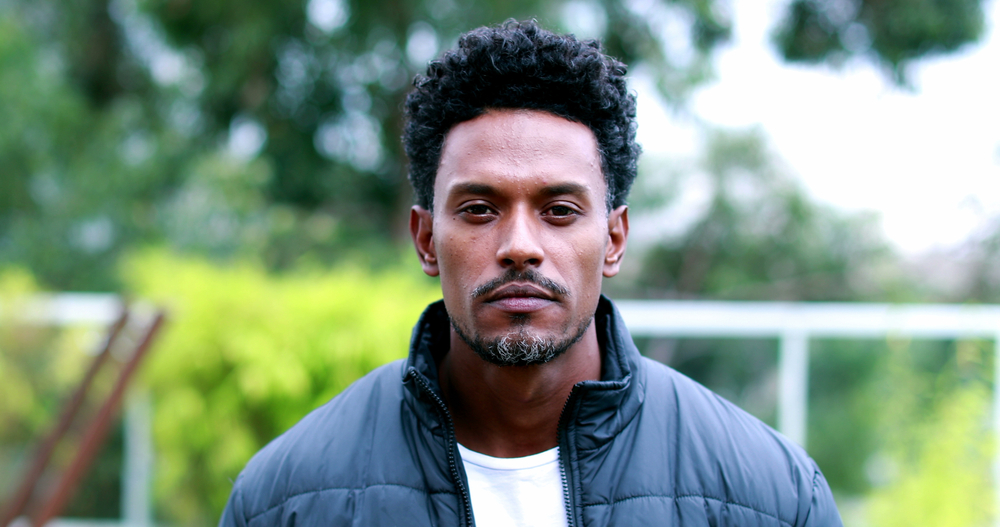If you’re the type of person who always says yes to everything, this one’s for you. There’s something empowering about that two-letter word, “no”. It’s about respecting your own time and energy… and those used to just walking all over you might be surprised when you start using it! Here are some things you’ll only understand if you’re getting better at boundaries.
1. At first, people pleasing feels easier, and saying no makes you feel intensely guilty.

We’re often wired from childhood to please other people, and breaking that pattern is hard, PsychCentral acknowledges. You might even feel physically uncomfortable at first, but that discomfort lessens with practice. The confidence and self-respect you gain from saying “no” outweighs those temporary guilt pangs.
2. Realizing that some people were only “friends” when you were a constant “yes” person stings.

When you stop always being available, some people inevitably disappear from your life. These are the users, the ones who liked your convenience, not you. It hurts, but it leaves room for genuine relationships where your time and presence are genuinely valued, not just exploited.
3. Saying no to things you don’t want to do gives you way more energy than trying to force yourself to be enthusiastic about them.

Resenting an obligation takes a toll! Instead of dragging yourself through something you hate, freeing up that time sparks a surprising surge of energy. You can use it for things you actually enjoy, or simply taking some much-needed rest.
4. You realize you used to say yes to terrible ideas because you didn’t want to rock the boat.

Being agreeable kept the peace, right? Wrong! Sometimes a “no,” or at least “I’m not sold on this…” can save everyone from disaster. Offering your honest opinion, respectfully, strengthens relationships and leads to better outcomes for everyone.
5. Your remaining “yeses” become WAY more meaningful and impactful.

If you agree to things sparingly, your commitments hold more weight. People know that when you say “yes,” you’re all in. This also means those genuine “yeses” feel more joyful because you aren’t overbooked and overwhelmed.
6. Saying no to good things (that you simply don’t have time for) because your plate is already full becomes possible.

It’s counterintuitive, but turning down amazing-sounding opportunities is liberating! It shows you recognize your limits and respect your existing commitments. You avoid that frantic, rushing everything feeling, and leave room for the right opportunities later on.
7. You discover the power of “No, but…”

A flat-out “no” can sound harsh. Soften it without caving: “No, I can’t make it Saturday, but how about next weekend?” or “No, I can’t take on that project, but here’s someone I recommend”. You’re setting a boundary while still being helpful.
8. You stop feeling like a failure when plans change and realize it’s okay to need to prioritize yourself.

Cancelling sucks, but sometimes it’s necessary. Old you might have agonized, putting everyone else first. Now, you understand mental health days, family emergencies, and plain needing a break are valid reasons to say, “Plans have changed, I’m so sorry!”
9. You become a master of the delayed response.

Knee-jerk “yeses” get you in trouble! Instead, it becomes “Sounds interesting, let me get back to you.” This buys you time to think, check your calendar, and decide if it aligns with your needs before committing.
10. You start to feel genuine excitement for downtime instead of needing your schedule packed to feel productive.

Overscheduling used to be a badge of honor. Now, a blank Sunday fills you with joy. Being busy doesn’t equal being important. Free time when you truly choose how to relax or pursue personal stuff is priceless.
11. You’re less intimidated by people who get pushy when you say no.

Manipulators try to guilt or bully their way to a “yes,” but forget that. You learn to spot these tactics and politely hold your ground. Their disapproval is less scary than disrespecting yourself. You’re not going to put up with that kind of BS, thank you very much.
12. You find yourself saying “no” to YOURSELF more often.

Whether it’s those late night work emails you could answer but shouldn’t or impulse shopping that drains your account, setting boundaries with other people starts with setting them with ourselves. It’s about self-care, not just external demands.
13. You realize that true friends understand (and sometimes even encourage) your “no.”

People who genuinely care get it. They know you saying “no” isn’t about them, it’s about you needing space or prioritizing other areas of your life. These relationships actually get stronger as you become more honest about your limits. As Verywell Mind points out, people who don’t respect your boundaries don’t respect you.
14. You stop apologizing profusely when saying no.

A simple “Sorry, I can’t,” or “I’m unavailable” is enough. Endless explanations and self-deprecating justifications weaken your “no,” so don’t even go there. Owning your choices doesn’t require elaborate excuses.
15. You experience a shift from people pleaser to calm seeker.

It sounds a little cheesy, sure, but it’s true. People-pleasing is exhausting, but respecting your own needs and other people’s simultaneously is possible. You start aiming for win-win solutions when negotiating, and sometimes, a “no” is what keeps things fair for everyone in the long run.
16. You gain respect, even from people you didn’t expect.

Setting those boundaries might make some people grumble, but quietly, they start to respect you more. They know you won’t cave to pressure and that your “yeses” are genuine commitments they can count on.
Enjoy this piece? Give it a like and follow PsychLove on MSN for more!





